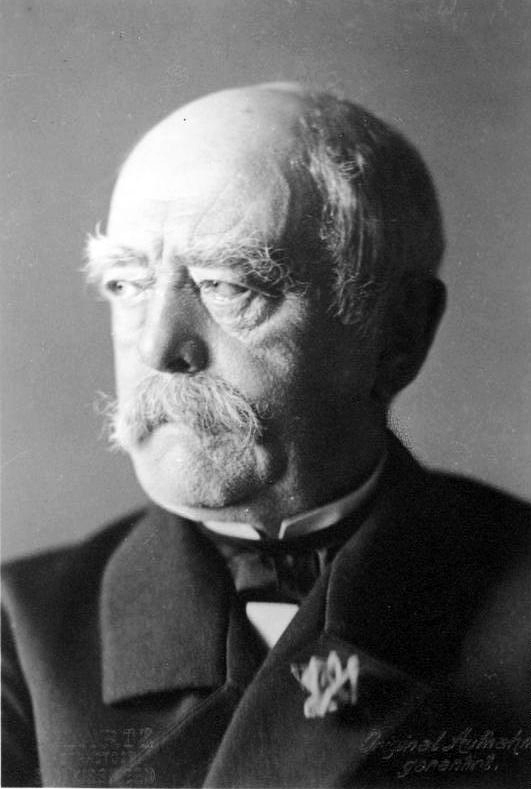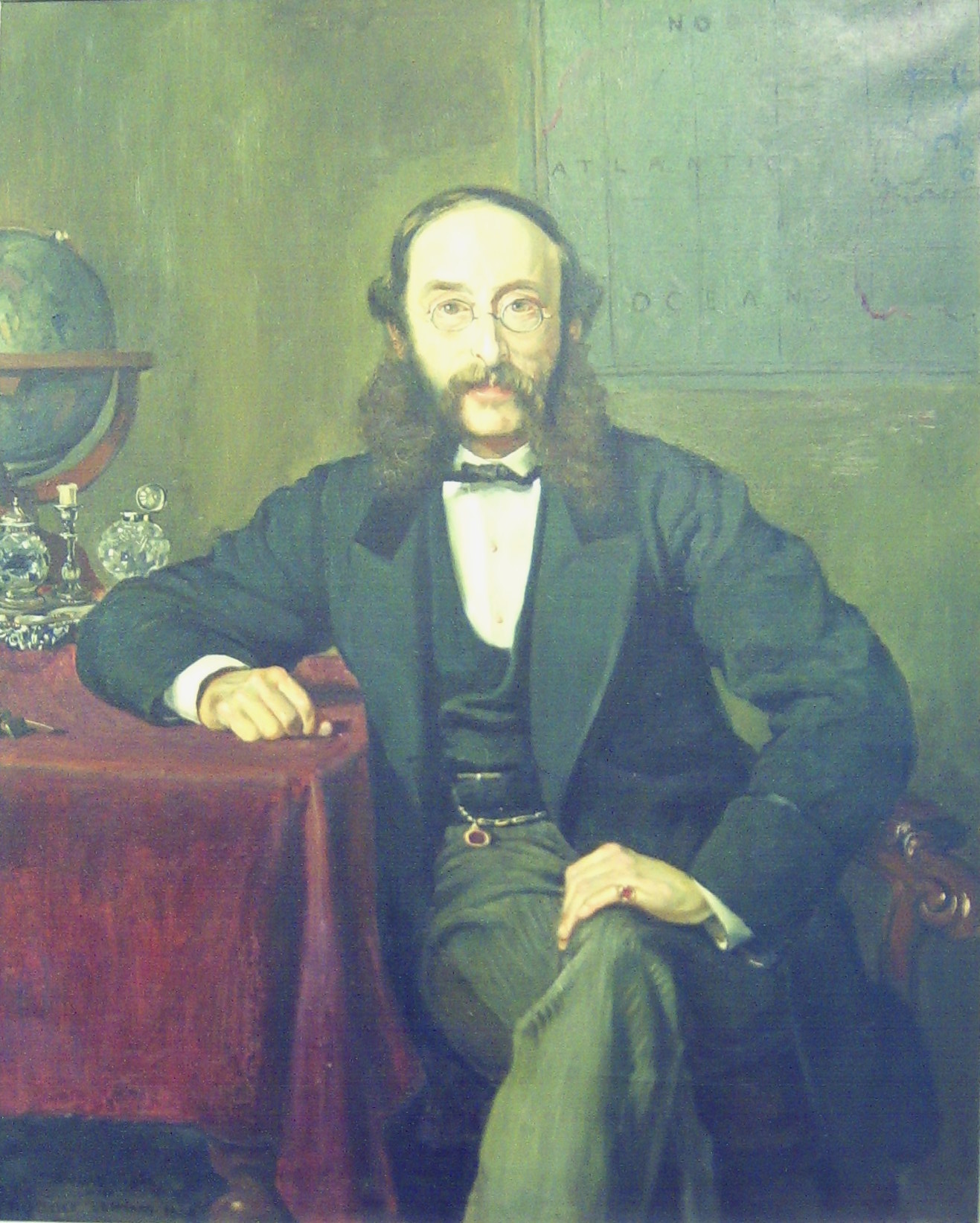Mass politics and democracy.
A democratic world?
 The later 19th century has been seen as a period of modernization in which, according to the sociologist Max Weber (left), traditional authority increasingly gave way to legal-rational authority organized bureaucratically through impersonal institutions. In 1885 Sir Henry Maine pointed out in his book Popular Government
The later 19th century has been seen as a period of modernization in which, according to the sociologist Max Weber (left), traditional authority increasingly gave way to legal-rational authority organized bureaucratically through impersonal institutions. In 1885 Sir Henry Maine pointed out in his book Popular Government In other words, they were the only large states that did not have some kind of parliamentary institutions.‘Russia and Turkey are the only European states that completely reject the theory that governments hold their power by delegation from the community.’
Those states that had representative government were extending the franchise. Both France and Germany had adult male suffrage. In Britain (male) heads of urban households got the vote in 1867 and in 1884 the vote was extended to rural householders. This still left 40% of men without the vote. Spain obtained universal male suffrage in 1890 and Norway in 1898. Austrian men obtained the vote in 1907. From 1906 Russia had a parliament (the Duma) elected on a propertied franchise. The Ottoman Empire acquired a parliament in 1908. Mass politics meant the growth of political parties, and well attended political meetings.
As Weber noted, this change towards accountable government and mass politics was accompanied by the growth of bureaucracy. Germany’s civil service grew from 450,000 in 1881 to 1.8 million in 1911; Britain’s from 81,000 to 644,000. The burden of government expenditure also rose and with it the spread of some form of income tax.
These trends were accompanied by the spread of primary education, wider literacy and urbanisation.
Monarchy
Monarchy was the apex of the social hierarchy, and remained the rule in most of Europe, with France and Switzerland the only two republics that mattered in 1880 (Portugal became a republic in 1910). When new states appeared, they were given kings. Deference and hierarchy still appealed. Monarchies became more ritualistic with weddings and funerals public events (see also Queen Victoria’s Golden and Diamond Jubilees and the celebrations in Russia in 1913 commemorating the 300th anniversary of the Romanov dynasty. Monarchs used the railways to make state visits and the image of the monarch was widely distributed through cheap engravings and press photographs. Monarchs also played a political role. Even the constitutional monarch,
 Queen Victoria, had a political motive for marrying her daughter into the Prussian royal family and for encouraging her granddaughter, Alex, to marry the heir to the Russian throne, the future Nichols II (right). One of the most blatant examples of royals engaging in politics can be seen in the ‘Willy-Nicky’ correspondence between the Tsar and Kaiser Wilhelm II. (The Kaiser and the Tsarina were first cousins, both grandchildren of Queen Victoria.)
Queen Victoria, had a political motive for marrying her daughter into the Prussian royal family and for encouraging her granddaughter, Alex, to marry the heir to the Russian throne, the future Nichols II (right). One of the most blatant examples of royals engaging in politics can be seen in the ‘Willy-Nicky’ correspondence between the Tsar and Kaiser Wilhelm II. (The Kaiser and the Tsarina were first cousins, both grandchildren of Queen Victoria.)Yet monarchs were under pressure as never before. They faced the threat of assassination and revolt.
Nationalism
 Nationalism was on the increase in late nineteenth-century Europe. In 1905 Norway separated from Sweden. Nationalist movements fed off each other. Sinn Fein was founded in 1905 and was partly inspired by the example of the Magyars. Frustrated nationalists included the Poles in Russia, the Armenians in Turkey and the south Slavs of the Dual Monarchy (Austria-Hungary). In Ireland political nationalism took the form of a search for cultural identity with the foundation of the Abbey Theatre in 1904 and the revival of the Irish language. On the left is a poster for the first night: a performance of W. B. Yeats' Kathleen ni Houlihan.
Nationalism was on the increase in late nineteenth-century Europe. In 1905 Norway separated from Sweden. Nationalist movements fed off each other. Sinn Fein was founded in 1905 and was partly inspired by the example of the Magyars. Frustrated nationalists included the Poles in Russia, the Armenians in Turkey and the south Slavs of the Dual Monarchy (Austria-Hungary). In Ireland political nationalism took the form of a search for cultural identity with the foundation of the Abbey Theatre in 1904 and the revival of the Irish language. On the left is a poster for the first night: a performance of W. B. Yeats' Kathleen ni Houlihan.Racial theories
The downside of much nationalism was racism, partly inspired by corrupted Darwinism and was most influential in Germany. In 1899 the Englishman Houston Stewart Chamberlain, Wagner's son-in-law, published The Foundations of the Nineteenth Century, which argued that northern Europeans were superior to all other humans. Joseph Chamberlain dreamed of a world dominated by the (racially similar) British and Germans. Slav nationalists propagated the ideology of pan-Slavism.
Anti-Semitism revived in intensity. In 1880 a German anti-Semitic league was formed. The influx of Jewish emigrants to Vienna increased anti-Jewish feeling there encouraged by the socialist mayor, Karl Lueger. The Dreyfus case exposed anti-Semitism in France. The new anti-Semitism was often a lower middle-class phenomenon and was fiercest in eastern and central Europe.
Welfare measures
In the new age of mass politics, government intervention increased. This was seen as a move from individualism to collectivism. The British Prime Minister Lord Salisbury:
‘We have got, as far aw we can, to make this country more pleasant to live in for the vast majority of those who live in it.’In 1889 Bismarck introduced the first state-run social insurance programme paying retirement benefits. His system was funded with payroll taxes paid by the employee and the employer, along with contributions from the government. It also included a disability benefit. In 1908 Britain introduced old age pensions and a national insurance scheme in 1911.
These welfare measures show that governments believed they had to take the wishes of the electorate into account. But is accountable government the same as democracy? Women were largely excluded from the franchise and political power remained with elites who came from a narrow social band.
Literacy and mass communications
In the nineteenth century Europe advanced towards mass literacy though the spread was very uneven and literacy can be varyingly defined. A study of 50 million Germans in 1886 demonstrated different forms of literacy ranging from the 20 million who could read popular literature to 10 million who could read more demanding works.
This tied in with improvements in communications. The first railway telegraph seems to have been installed in the Great Western between Paddington and West Drayton and was operating by the spring of 1839. In 1842 and improved telegraph consisting of double-needle instruments and only two wires was ordered. The wires were suspended overhead on upright standards of cast-iron and at intervals of up to 150 yards. By 1848, 1,800 miles of railway were so equipped in the country as a while. This enabled Greenwich or ‘railway’ time to become standard in Britain by the 1850s. The first successful transatlantic telegraph cable was completed on July 27, 1866, allowing transatlantic telegraph communications for the first time.
In 1874 the Universal Postal Union was founded. The volume of items sent through the mail increased from 3 billion letters and postcards to 25 billion in 1913. The telephone was invented in 1876 though by 1913 there were still 100 letters for every 21 telephone calls.
The press played an important role in homogenising populations. Newspapers became cheaper and more varied. In Italy from the turn of the century dailies began to carry sports pages. The provincial press was especially important in France.
In 1896 the first issue of Alfred Harmsworth’s Daily Mail appeared. It was based on the style of newspapers published in the USA. The eight page newspaper cost only halfpenny. Slogans used to sell the newspaper included 'A Penny Newspaper for One Halfpenny' and 'The Busy Man's Daily Newspaper'. The Daily Mail was the first newspaper in Britain that catered for a new reading public that needed something simpler, shorter and more readable than those that had previously been available. One new innovation was the banner headline that went right across the page. Considerable space was given to sport and human interest stories. It was also the first newspaper to include a woman's section that dealt with issues such as fashions and cookery.
Another innovation introduced by the Daily Mail was the publication of serials. Personally supervised by Harmsworth, the average length was 100,000 words. The opening episode was 5,000 words and had to have a dramatic impact on the readers. This was followed by episodes of 1,500 to 2,000 words every day.
The Daily Mail was an immediate success and circulation quickly achieved 500,000. With the strong interest in the South African War in 1899 sales went to over a million. Harmsworth encouraged people to buy the Daily Mail for nationalistic reasons making it clear to his readers that his newspaper stood "for the power, the supremacy and the greatness of the British Empire".
Harmsworth also used his newspapers to promote inventions such as the telephone, electric light, photography, motorcycles and motor cars. He was so passionate about cars that Harmsworth prohibited the editor of the Daily Mail from reporting automobile accidents.
In France the most popular newspaper (circulation 1.4 m.) was the Petit Parisien, which offered its readers ‘human interest’ stories. The Russian equivalent was the Gazeta Kopeika, which sold for one kopek.
Conservatives and liberals lamented the growth of a ‘trashy’ popular culture.
News agencies reported on national and international events. In October 1851 Paul Julius Reuter, a German-born immigrant, opened an office in the City of London which transmitted stock market quotations between London and Paris via the new Calais-Dover cable. Two years earlier he had used pigeons to fly stock prices between Aachen and Brussels, a service which operated for a year until the gap in the telegraph link was closed. Reuters, as the agency soon became known, eventually extended its service to the whole British press as well as to other European countries. It also expanded the content to include general and economic news from all around the world. The reputation of its service was enhanced by a succession of reporting scoops. For example, in 1865 Reuters was first in Europe with news of President Lincoln’s assassination.
As overland telegraph and undersea cable facilities developed, the business expanded beyond Europe to include the Far East in 1872 and South America in 1874. In 1883 Reuters began to use a ‘column printer’ to transmit messages electrically to London newspapers.
These developments enabled the public to engage with politics as never before. They did not necessarily make the world a safer place.



<< Home